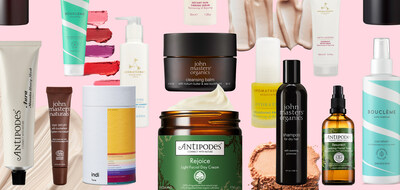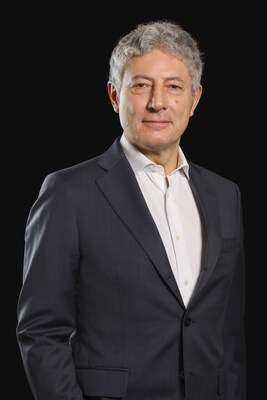It's estimated 90 million beauty products are thrown away each year in the UK alone[1].
That's 1000 tonnes of mascaras, 4500 tonnes of moisturiser and 9000 tonnes of perfume – the equivalent in weight to 650 double decker buses. More than 10% of beauty products are going to waste in brands' supply chains, while overproduction of products accounts for 6.2% of discarded goods in the beauty industry[2].
Although 95% of consumers say that they'd purchase imperfect stock[3], there's currently nothing available on the beauty market that serves as an outlet for premium imperfect and excess stock. Sometimes products don't look 'perfect' on the outside, or brands have simply produced too much, changed branding or reformulated. Sometimes this waste is simply down to inefficient supply chains and stock forecasting.
Enter Boop – like what the Outnet has done for fashion and Oddbox for food - but for beauty
Boop is the online retailer sourcing perfectly imperfect beauty and wellness products directly from brands and retailers, such as Aromatherapy Associates and John Master's Organics and offering consumers savings of up to 50% off.
By saving these too-good-to-go products from landfill, Boop is helping to breathe life back into the beauty supply chain and make the 'undesirable', 'desirable' again. Boop has also chosen four charities to donate products to - In Kind Direct, Beauty Banks, Look Good Feel Better and The Hygiene Bank - to further combat unnecessary waste and keep more products circulating.
Boop founder Yasmine Amr explains: "A huge number of beauty products are destroyed each year by manufacturers and retailers without ever hitting the market, whilst consumers and brands are becoming far more conscious of sustainability.
“If you think about what the Outnet has done for fashion and Oddbox has done for food waste, that's what we want to do for the beauty industry." With customer safety front of mind, Boop only ever sells products that are safe to use and deliver results, qualified by the rigorous Boop QC check, to assess the integrity and shelf-life of each product.
Always new, always perfect for use - because it's what's on the inside that counts.
[1] Survey conducted by Zero Waste Scotland, 2018
[2] 'The Missing Billions: The Real Cost of Supply Chain Waste', Avery Dennison, November 2022
[3] Survey of 300 UK-based female consumers (February 2023)











